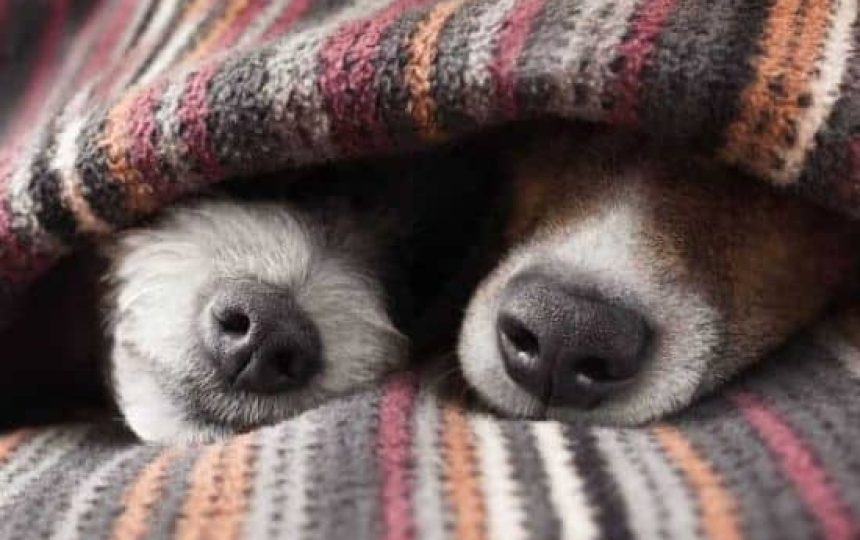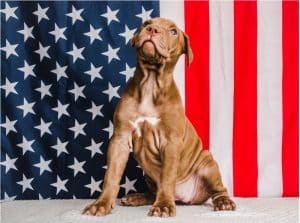Middle of December 2021?
Can you believe the longest/ shortest year EVER is drawing to a close?
The weather fluctuations with, sudden hailstorms, intense wind and high temperatures can affect your Fur baby based on where they sleep.
Does your Fur baby sleep indoors or outdoors?
Did you know – 50% of pet owners favour their fur families sleeping inside rather than out in the cold, and more so in their beds.
Where your Fur baby sleeps is based on your family’s preference.
At PETport we are firm believers that Fur kids sleep indoors and are part of the family. We thought we should give a few tips and tricks in deciding where Fur kids should sleep based on breed and characteristics associated.
THICKER THE COAT THE WARMER THE POOCH –
- Most of us are worried about the weather when it comes to where our babies sleep, but some dogs can withstand the cold weather conditions whilst others, not so much.
Dogs use their coat, skin, and body fat to keep them warm when it’s cold but can be susceptible to risks when in colder temperatures. It is the pet owner’s responsibility to provide the pets with a shelter that keeps them warm and safe.
Make sure that if your Fur kid has a preference for being outside that you provide:
- 4 walls of shelter with a roof and ventilation.
- Raised bed to prevent sleeping on cold surfaces.
- Blankets for insulation.
COOOOOOL DOWN KID!
- Fur Babies like Huskies, Long haired GSD’s and St.Bernese Mountain Dogs can overheat in this South African climate especially in places like Upington and Durban with high humidity. Why not purchase a baby pool or shell and fill it with cold water and ice on incredibly hot days. You can also freeze your treats or coconut water for a real treat on a summers day.
MOTHER KNOWS BEST –
- Always follow your instincts when it comes to your Fur Kids. Watch out for heat stroke, temperature drops and sudden storms. Take care of their body movements and panting when deciding if tonight is an indoor or outdoor night. If you are still unsure of where to place your fur baby, speak to your vet about the types of breeds to consider for warmer and colder climates.






